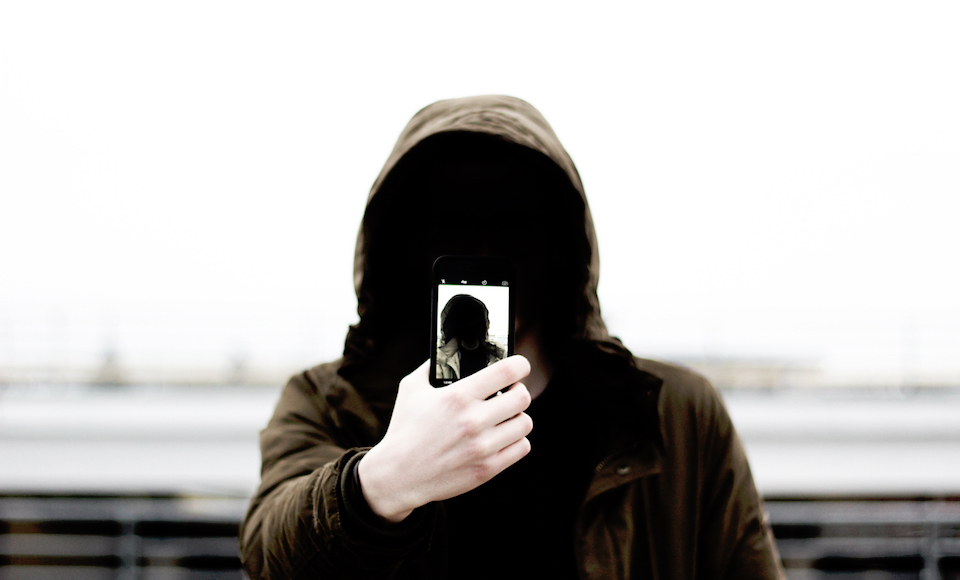You make hundreds of choices each day. What to eat. What to wear. Whether to hit snooze. Whether to ignore a phone call. Whether to have one more beer at happy hour. Whether to swipe left or right.
Sometimes those choices are big, but the vast majority are small – so small, in fact, that they hardly feel like choices at all. They’re more like unconscious habits, the mental equivalent of muscle memory, executed with minimal effort and little thought for what they might mean.
And yes, they do mean something.
Researchers have discovered meaningful insights buried deep within these small, seemingly insignificant behaviours. If you’re curious to know what your mindless daily habits say about your emotions, motivations, and personality traits, check out the science below.
Your Shopping Habits
Imagine you need a new deodorant. How do you choose from so many options? Do you look up online reviews and read the ingredients on each package? Or do you grab the first one that catches your eye and assume they’re all roughly the same?
How you answer that question may reveal your preference for detail. A series of experiments published in 2012 dubbed the first kind of person an “explanation fiend.” The second is an “explanation foe.”
Explanation fiends score high on measures of cognitive reflection, meaning they tend to analyse information thoroughly and prefer lots of detail about products. Explanation foes, on the other hand, score low on measures of cognitive reflection, meaning they prefer more general information and get overwhelmed by too many details.
Your Eating Habits
You aren’t just what you eat, you’re how you eat. If you eat slowly, according to behavioural food expert Juliet Boghossian, you like to be in control and know how to appreciate life. You’re also more likely to be confident and even-keeled.
If you’re a fast eater, you have a tendency to be impatient, but you’re also ambitious, goal-oriented, and open to new experiences.
Where you fall on the adventurous vs. picky eating scale also hints at your personality type. Adventurous eaters are natural thrill-seekers and risk-takers who enjoy stepping out of their comfort zone. Picking eating – also known as ‘food neophobia’ – has been associated with anxiety and neuroticism in scientific studies.
Your Walking Habits
Humans naturally make judgements about each other based on body language. They aren’t always right, but according to a 2013 study, some of us can accurately assess a person’s vulnerability based on the way they walk.
Researchers asked inmates in a maximum security penitentiary in Canada to watch video clips of different people walking. The inmates were then asked to judge which subjects were most vulnerable to victimisation.
Results showed that inmates who scored higher on measures of psychopathy were more likely to identify walkers who had been victimised in the past. When asked for their reasoning, many said they could tell by the way the person walked.
Time to start practising your John Wayne.
Your Email Habits
Are you an Inbox Zero zealot? If you read and delete your emails ASAP, science says you have a strong need for control and order in your life.
Those who read their emails in a timely manner, but save them instead of deleting them, may be perfectionists who think they’ll get around to addressing those messages later.
Those who leave emails unread, without filing or deleting them, may be suffering from serious overwhelm or simply be disengaged. But there’s good news, too: ignored emails could make you more organised and productive, says Ron Friedman, Ph.D., author of The Best Place to Work: The Art and Science of Creating an Extraordinary Workplace.
“It can also mean that you recognize that [monitoring and organising those emails] isn’t helping you achieve progress. And that’s a sign of intelligence,” he told Business Insider.
Your Selfie Habits
Your selfie style has a lot to say about the man behind the screen. A 2015 study found specific cues in selfies related to agreeableness, conscientiousness, neuroticism, and openness – four of the ‘Big Five’ personality traits studied in psychology.
Friendlier (“more agreeable”) people tended to take pictures from below. More conscientious people were less likely to reveal a private space in the background. People who were more open to new experiences were more likely to display positive emotions. Neurotic people were more likely to pose with ‘duck face’ in their photos.
Interestingly, though the research team identified consistent relationships between selfie styles and personality traits, impartial observers were only able to correctly recognise one trait from looking at photos. The only accurate observation they made was that positive emotion generally predicted openness to experience.
Want to learn more about habits and how to harness them? There are good fitness habits and bad bedroom habits. There are body language habits and travel habits. There are habits that set you up for success, and habits that doom you to failure.
